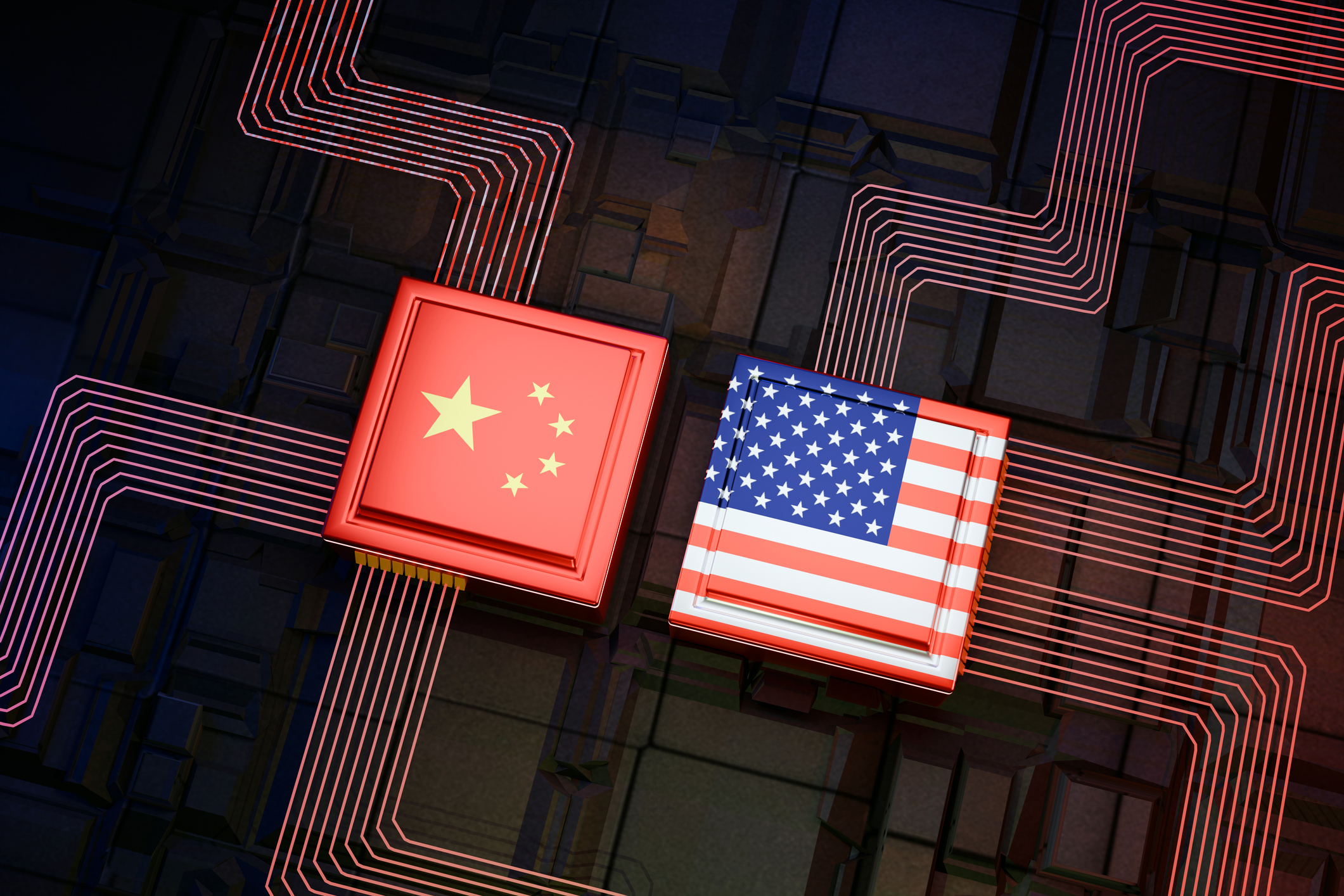China Tightens Tech Trade Rules as U.S. Pressure Mounts on Semiconductor Exports

China is gearing up new export and licensing controls on advanced technologies, particularly semiconductors, AI chips, and communications gear, amid intensifying geopolitical competition and U.S. efforts to curb China’s access to cutting-edge tech. The revised rules aim to limit foreign access to Chinese technology and protect domestic firms from being overrun by global competitors.
The latest measures include stricter licensing requirements for sensitive goods, expanded definitions of controlled items, and enhanced oversight of joint ventures. Chinese regulators signal that companies in key sectors must now secure additional approval before exporting or partnering abroad. These rules come alongside internal incentives to grow self-reliant supply chains in areas such as chip design, fabrication, and software stacks.
Observers note Beijing is walking a delicate line: it wants to avoid crippling its own tech firms’ ability to trade globally while safeguarding national security and technological sovereignty. Analysts expect ripple effects across global supply chains. Companies from Taiwan, South Korea, and the U.S. may find Chinese partners harder to work with, and some supply lines could fragment as firms hedge against regulatory risk.
In response, U.S. and allied nations are accelerating efforts to build secure, allied semiconductor supply chains outside China, with more incentives for reshoring and regional cooperation. As China retools regulation to fit its strategic ambitions, the tech world braces for a repositioning—one in which trade rules themselves become a battlefield.

